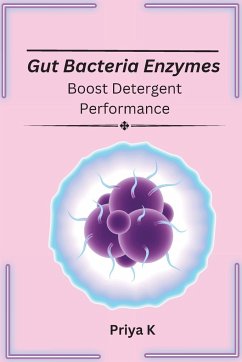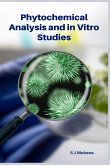The use of enzymes in detergent formulations has become increasingly popular in recent years due to their ability to enhance cleaning performance while reducing the amount of harsh chemicals needed. Enzymes derived from gut bacteria, such as those isolated from Portunus Pelagicus, have shown particular promise in this regard. Portunus Pelagicus, also known as the blue swimming crab, is a common inhabitant of coastal waters and is widely consumed as seafood. However, little is known about the gut microbiota of this species and the potential enzymes it may produce. A recent study aimed to investigate the enzymes produced by gut bacteria of Portunus Pelagicus and their potential application in the detergent industry. The study involved isolating bacteria from the gut of Portunus Pelagicus and identifying the enzymes they produced. The enzymes were then characterized and their performance in detergent formulations was evaluated. The results showed that the gut bacteria produced a range of enzymes, including amylases, lipases, proteases, and cellulases, which are all known to enhance cleaning performance. Furthermore, the enzymes were found to be stable over a wide range of pH and temperature conditions, which is important for their application in detergent formulations. The researchers also found that the enzymes produced by the gut bacteria of Portunus Pelagicus outperformed commercial enzymes in certain cleaning applications. The use of enzymes in detergent formulations offers several benefits, including the ability to reduce the amount of harsh chemicals needed, improve cleaning performance, and reduce environmental impact. Enzymes derived from gut bacteria, such as those isolated from Portunus Pelagicus, offer a promising avenue for the development of new, more effective and sustainable detergent formulations. In conclusion, the study highlights the potential of gut bacteria-derived enzymes from Portunus Pelagicus to boost detergent performance. Further research in this area could lead to the development of new, more effective and sustainable detergent formulations that have a reduced environmental impact while maintaining excellent cleaning performance.







